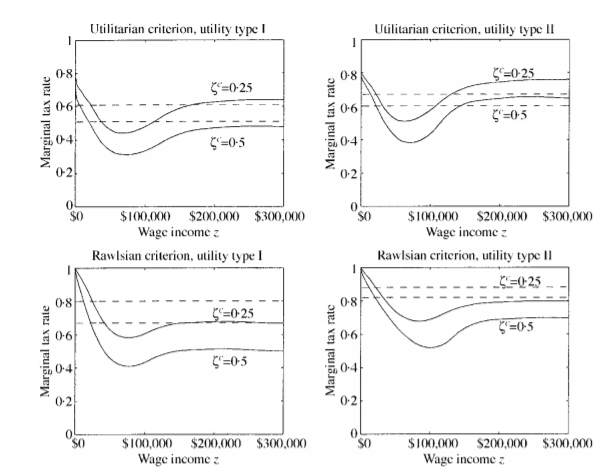From a decent answer and comment here of 1muflon1, I am motivated to know more about Rawlsian ethics, Utilitarianism, or (classical) liberalism ethics in policy economics. However, so far, I still not yet separate them clearly. I mean, I cannot link them together in policy economics theme in one example.
What I have done so far is: I found the relation between Utilitarianism with policy economics as here:
When directed toward making social, economic, or political decisions, a utilitarian philosophy would aim for the betterment of society as a whole. Utilitarianism would say that an action is right if it results in the happiness of the greatest number of people in a society or a group.
Definition of liberalism in policy economics
Liberalism is a political and moral philosophy based on liberty, consent of the governed and equality before the law. ... Liberals also ended mercantilist policies, royal monopolies and other barriers to trade, instead promoting free trade and marketization.
In comparing the Rawlsian and utilitarisnism, here:
The Rawlsian approach to social welfare, built on the foundation of the “veil of ignorance” (Rawls, 1999, p. 118), measures the welfare of a society by the wellbeing of the worst-off individual (the maximin criterion). A utilitarian measures the welfare of a society by the sum of the individuals' utilities
